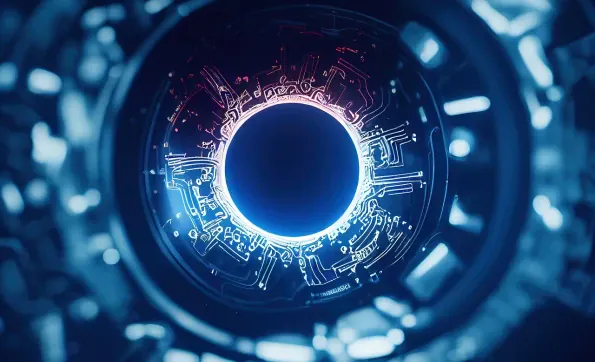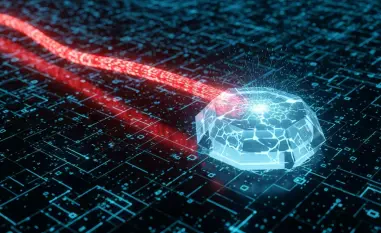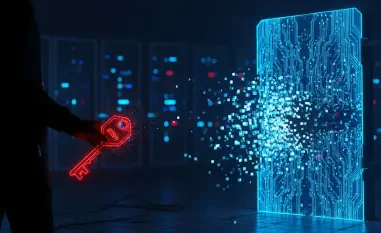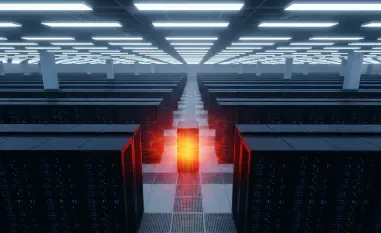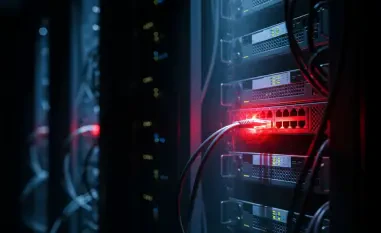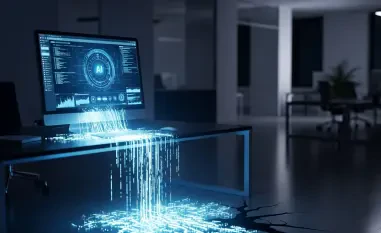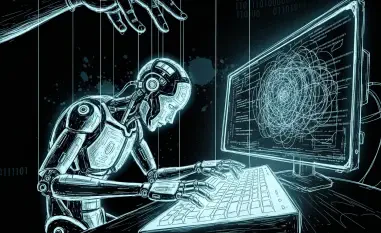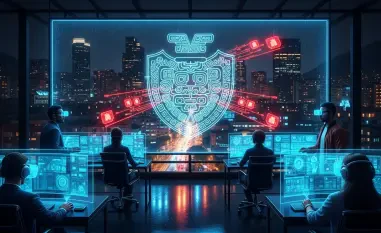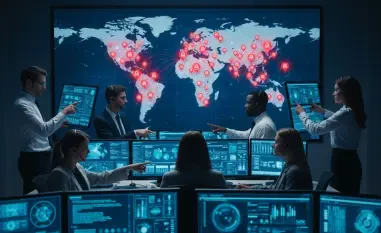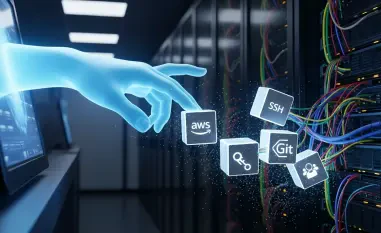The stunning growth of artificial intelligence within the technology sector has caused significant disruptions across numerous industries, with the most recent controversies revolving around the use of AI to train chatbots using dialogues from thousands of films and TV shows, including classics such as The Godfather, The Simpsons, Twin Peaks, and Breaking Bad. Major tech companies like Apple, Meta, and Anthropic have faced intense scrutiny for employing vast amounts of cultural data to generate human-like responses or even potentially replace human writers in the creation of screenplays. This development has given rise to heated debates surrounding intellectual property rights and fair compensation for creators within the entertainment industry.
Copyright Challenges with AI Training
The rapid advancement of AI technology has left legal systems around the world struggling to keep pace, resulting in a significant gray area concerning the copyright status of creative works used to train these AI systems. Investigations, notably by The Atlantic, have revealed that databases such as OpenSubtitles.org, which include dialogue from an astounding 53,000 movies and 85,000 TV episodes, have been instrumental in training AI models like OpenAI’s ChatGPT and Anthropic’s Claude. These AI systems, designed to mimic human conversational abilities, tap into vast repositories of cultural data to generate outputs that can sometimes closely resemble original works.
This situation presents a conundrum for legal authorities, as the sheer volume and accessibility of such data make it difficult to determine rightful ownership and enforce existing copyright laws. Additionally, the widespread use of these repositories by tech giants has raised concerns among writers, filmmakers, and other creators about the potential misuse of their intellectual property without proper acknowledgment or compensation. The current legal framework appears insufficient to address the complexities and nuances introduced by AI, necessitating the urgent need for updated regulations and comprehensive licensing agreements to safeguard the rights of creators.
Legal Battles and Litigations
As awareness of the issue grows, so too do the number of legal battles aimed at holding tech companies accountable for the unauthorized use of creative content. Prominent authors such as George R.R. Martin and John Grisham have taken legal action against OpenAI, alleging that their copyrighted works were used without permission to train the company’s AI models. Similarly, the producers of Blade Runner 2049 have filed a lawsuit against Elon Musk and Warner Bros, accusing them of using AI-generated images that closely resemble scenes from the iconic film.
These high-profile cases have underscored the urgent need for the legal system to adapt to the rapidly evolving landscape of AI and intellectual property rights. Content creators are demanding more stringent measures to ensure that their hard work and creativity are not exploited without fair compensation. The lawsuits highlight the growing tension between technological innovation and the preservation of intellectual property, as creators seek to protect their work from being co-opted by AI systems without their consent.
Calls for Regulation and Compensation
In light of these developments, organizations such as the Writers’ Guild of Great Britain (WGGB) have been vocal in advocating for fair compensation for writers whose works have been used to train AI systems. The WGGB has called for the implementation of licensing agreements that would ensure creators receive appropriate remuneration and recognition for their contributions. Furthermore, they have emphasized the need for regulatory oversight to protect the rights of writers and other content creators in this rapidly changing technological landscape.
The WGGB has also provided guidance to its members on how to proceed if they find their work has been included in databases used for AI training without their permission. This proactive stance serves to empower creators and provide them with the necessary tools and resources to defend their intellectual property rights. The guild’s efforts underscore the broader movement within the creative community to push back against the unregulated use of AI in the entertainment industry and to advocate for stronger protections and fair treatment for writers and other creators.
The Path Forward
The explosive growth of artificial intelligence in the tech sector has caused major disruptions across a variety of industries. One of the latest controversies involves using AI to train chatbots on dialogues from thousands of films and TV shows, including iconic works like The Godfather, The Simpsons, Twin Peaks, and Breaking Bad. Prominent tech giants such as Apple, Meta, and Anthropic have come under heavy scrutiny for using vast amounts of cultural content to create human-like responses or potentially even replace human writers in scripting. This has sparked intense debates about intellectual property rights and fair compensation for creators in the entertainment industry. Concerns have been raised about the ethical use of creative content without proper acknowledgment or payment to the original creators. Furthermore, the potential for AI to overshadow human originality and creativity adds another layer to the ongoing discussions. These developments compel us to rethink how we balance innovation with protecting the rights and livelihoods of artists and writers.
